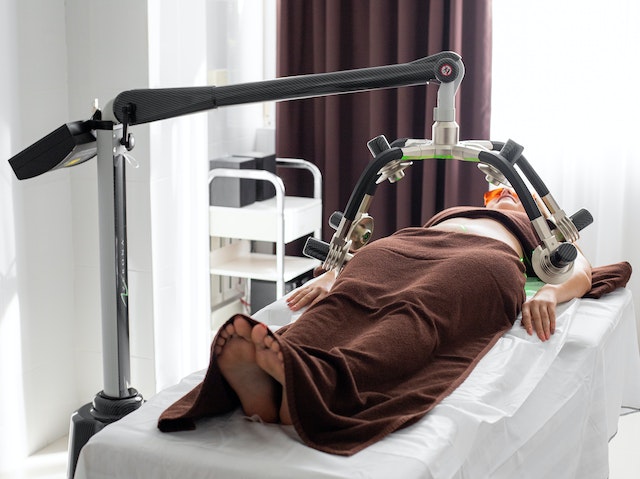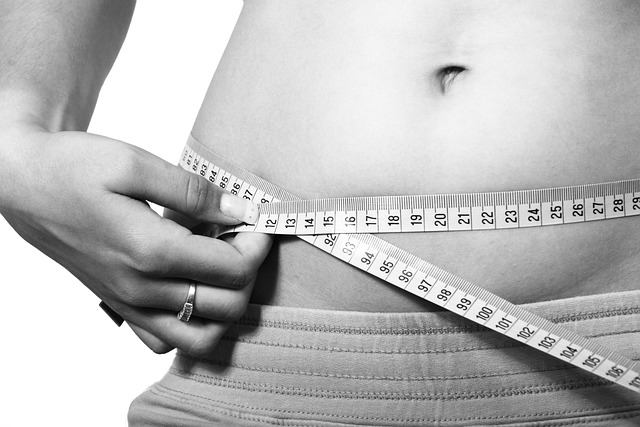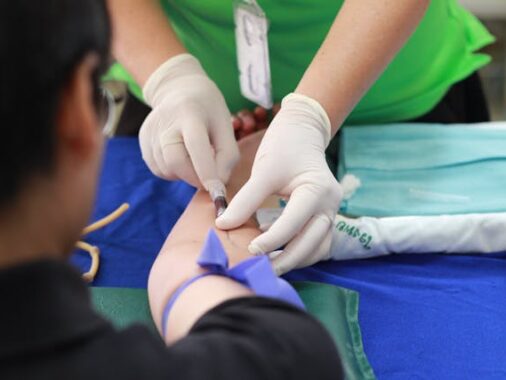Chinese medicine is a traditional system of healthcare that has been practiced for thousands of years in China and other parts of Asia. It is based on the principles of qi (pronounced “chee”), yin and yang, and the five elements, and involves the use of various modalities such as acupuncture, herbal medicine, dietary therapy, massage, and qi gong.
What is Chinese Medicine and How Does it Work?
In chinese medicine melbourne, the practitioner will use a variety of diagnostic techniques to determine the underlying cause of a patient’s health problem. These may include observation, questioning, pulse diagnosis, and tongue diagnosis. Based on this information, the practitioner will then develop a treatment plan that may involve one or more modalities, such as acupuncture, herbal medicine, dietary therapy, or massage.
One of the central concepts in Chinese medicine is the idea of qi, which refers to the vital energy that flows through the body and is responsible for maintaining health and wellbeing. According to this system, qi flows through a network of channels called meridians, and disruptions in the flow of qi can lead to illness or disease.
Another important concept is the concept of yin and yang, which are complementary forces that exist in balance within the body. Yin represents the cool, moist, and feminine aspects of the body, while yang represents the warm, dry, and masculine aspects. When yin and yang are in balance, the body is healthy, but when they are out of balance, illness can occur.
The five elements are another key concept in Chinese medicine. These are wood, fire, earth, metal, and water, and they are believed to represent different aspects of the body and the natural world. For example, the wood element is associated with the liver and the spring season, while the fire element is associated with the heart and the summer season.
The 5 Best Ways to Use Chinese Medicine for Acne
Acne is a common skin condition that can be both physically and emotionally distressing. While there are many over-the-counter and prescription treatments available, some people may prefer to explore alternative approaches to acne treatment. Chinese medicine offers several options for managing acne symptoms that are natural and gentle. Here are five ways to use Chinese medicine for acne:
Acupuncture:
Acupuncture is an ancient Chinese healing practice that involves the insertion of very fine needles into specific points on the body. Acupuncture is thought to stimulate the flow of qi (life force energy) throughout the body, which can help to balance hormones and reduce inflammation, two factors that can contribute to acne. Acupuncture may also help to reduce stress, another factor that can exacerbate acne.
Herbal remedies:
Chinese herbal remedies may be used to treat acne, either as a topical treatment or taken orally. Some commonly used herbs for acne include honeysuckle, dandelion, and burdock. These herbs are believed to help detoxify the body, reduce inflammation, and improve circulation. When using Chinese herbs for acne, it’s important to work with a qualified practitioner to ensure proper dosing and safety.
Facial Gua sha:
Gua sha is a traditional Chinese healing practice that involves using a smooth tool to gently massage the skin. When used on the face, gua sha can help to increase circulation, reduce inflammation, and promote lymphatic drainage. This can help to reduce acne symptoms, including redness and swelling.
Cupping:
Cupping is another traditional Chinese practice that involves placing small cups on the skin to create a suction effect. This can help to improve circulation and reduce inflammation, making it a potential option for reducing acne symptoms. Cupping is usually performed on the back, but it can also be used on the face.
Dietary changes:
According to Chinese medicine, diet plays a critical role in skin health. Some foods, such as dairy, sugar, and spicy or greasy foods, can aggravate acne symptoms. On the other hand, foods that are rich in vitamins and minerals, such as leafy greens, berries, and lean protein, can help to nourish the skin and reduce inflammation. A qualified practitioner can help you to identify dietary changes that may be beneficial for managing acne symptoms.
It’s important to note that while Chinese medicine can be a helpful approach for managing acne symptoms, it may not be effective for everyone. It’s always important to work with a qualified practitioner and continue to follow any treatment plans recommended by your dermatologist.
In conclusion, Chinese medicine is a complex and holistic system of healthcare that has been used for thousands of years to promote health and well-being. While some of its principles and practices may be unfamiliar to those who are accustomed to Western medicine, many people around the world have found it to be a valuable and effective approach to healthcare. If you are interested in exploring Chinese medicine, it is important to work with a qualified practitioner who can provide a thorough diagnosis and develop an appropriate treatment plan.






